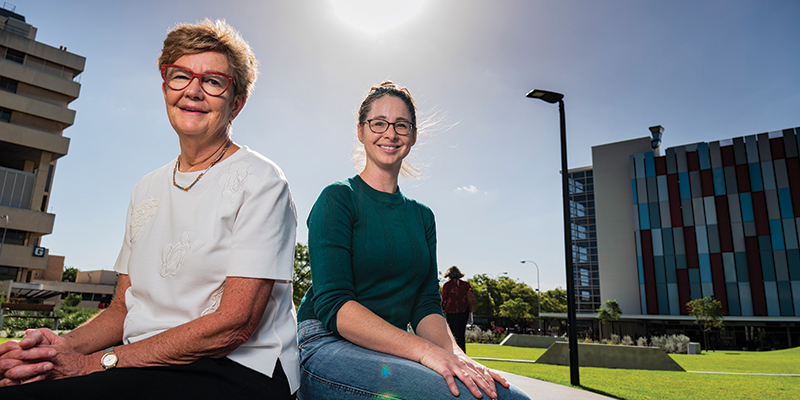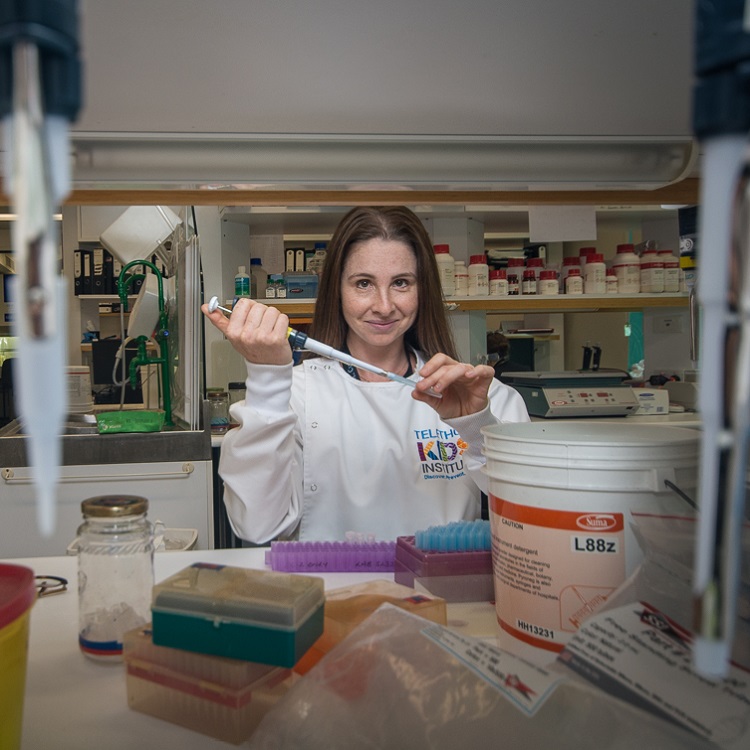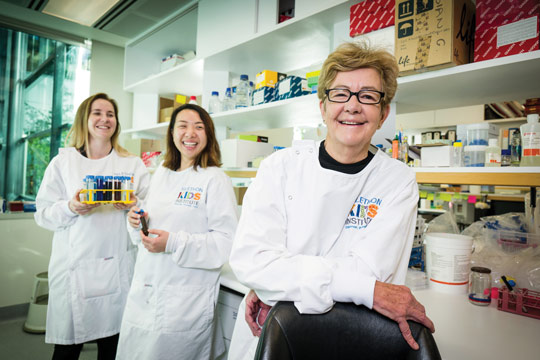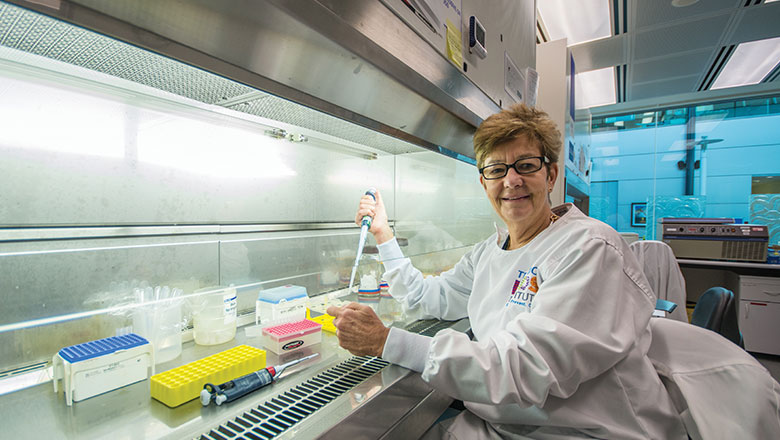Search
The active form of vitamin D, 1,25-hydroxyvitamin D(3) [1,25(OH)(2)D(3)] is produced in skin following exposure to sunlight
Vitamin D may be responsible for reducing the development and severity of autoimmune and allergic diseases. Topically applied 1,25-dihydroxyvitamin D(3) (1,25(O
Topical creams containing the active form of vitamin D (1,25-dihydroxyvitamin D3; 1,25(OH)2D3) or analogues of this compound are currently used with some succes
In human asthma, and experimental allergic airways disease in mice, antigen-presenting cells and CD4(+) effector cells at the airway mucosa orchestrate, and CD4

Felix was one of 195 children to take part in Dr Debbie Palmer’s research into sunlight exposure, vitamin D and eczema.

For decades Aussies have been told to minimise sun exposure to prevent skin cancer - now researchers at Telethon Kids are challenging that message.

The Kids researcher Dr Shelley Gorman has received a Healthway grant to develop an online tool to promote safe sun behaviours to teenagers.

Researchers at The Kids Research Institute Australia are continuing to hone in on the effects of ultraviolet radiation and vitamin D on the immune system.

The D-Light program, set up in 2014, aims to shed light on the amount of sun exposure that will promote good health in children and adolescents.
Leading international and national experts will gather at The Kids Research Institute Australia on Friday for a D-Light Research Symposium.
